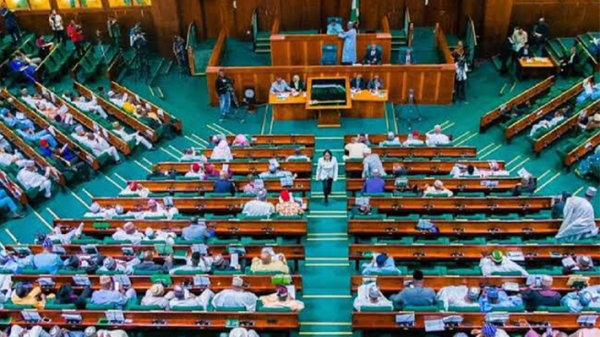A Labour-run council in southern England is under fire after proposing a controversial law that would criminalize public Christian evangelism, sparking fierce debate over religious freedom and civil liberties in the UK.
Rushmoor Borough Council, which governs the towns of Farnborough and Aldershot, is seeking a legal injunction that would ban Christian street preachers from praying, distributing Bibles, or even initiating religious conversations in public spaces. Offenders could face up to two years in jail under the proposed legislation.
The council’s draft ban also includes prohibiting Christians from singing or praying for others without prior consent — even if permission is granted. Engaging in discussions deemed “hostile” toward anyone with protected characteristics such as race, gender, or religion would be illegal under the order.
Critics, including the Christian Legal Centre (CLC), have slammed the proposed injunction as “disproportionate and unlawful.” The CLC has so far managed to delay its enforcement, forcing the council into further consultation with local faith groups.
Street preacher Sally McGuinness warned, “If this is not stopped in its tracks now, it will spread and be terrible for Christian freedoms and freedom in general in this country.”
She added, “It is unashamedly stopping the Gospel being shared and treating us like unwanted criminals.”
The council claims its move was prompted by repeated complaints from the public regarding some preachers’ behavior in town centers. But many believers argue that the proposed law goes far beyond addressing isolated incidents and threatens the very right to practice and share their faith in public.
CLC CEO Andrea Williams vowed to fight any future attempts to restrict Christian expression: “We will challenge any legislation that seeks to silence and criminalize the Christian faith.”
Despite backlash, the council insists it supports peaceful religious expression and is now revisiting the injunction in consultation with community and faith leaders.
As the UK struggles with growing secularism and legal challenges around free speech, many are watching to see whether Christian evangelism will be further restricted — or protected — in the public square.
 in
in










































































































